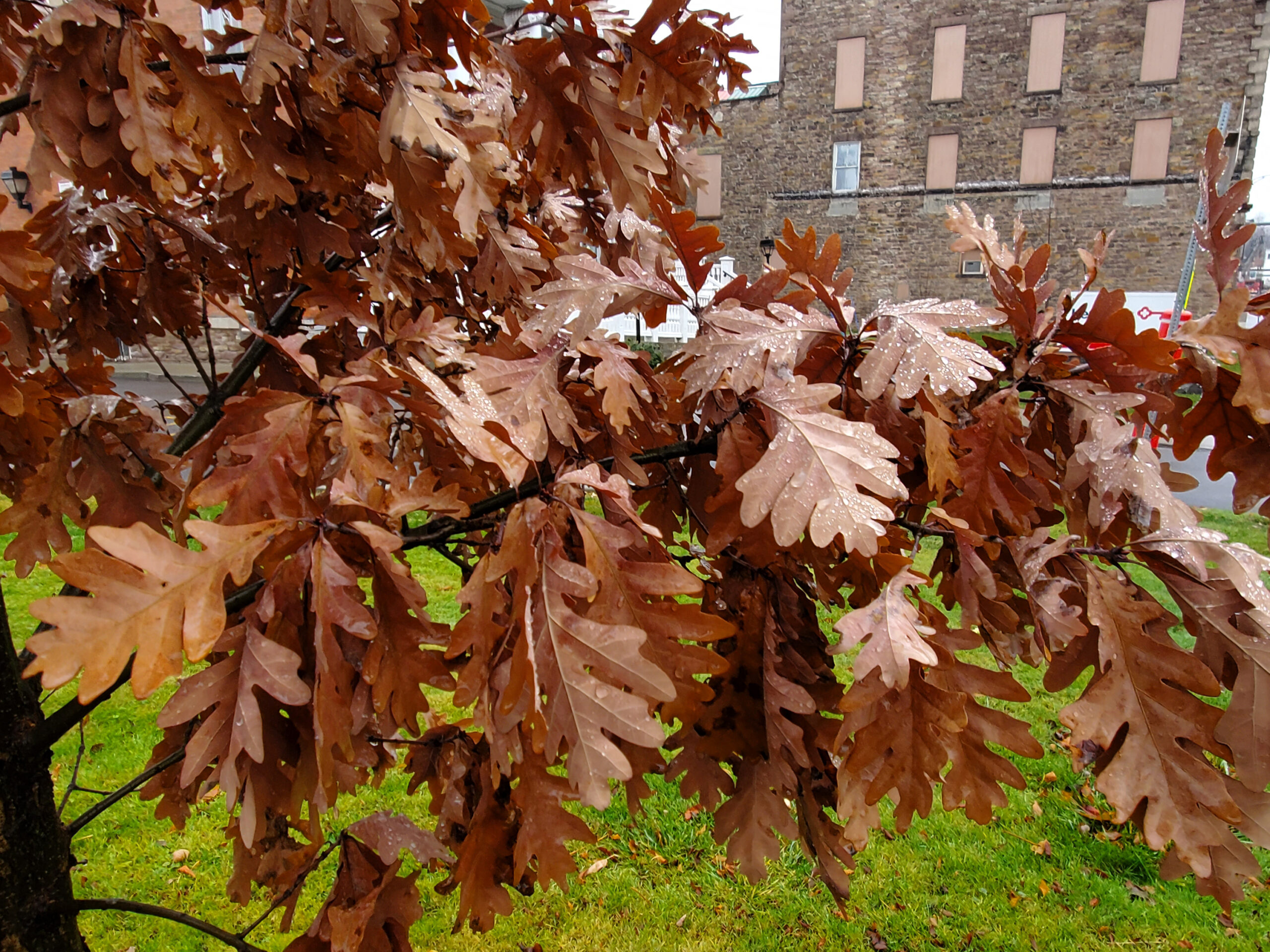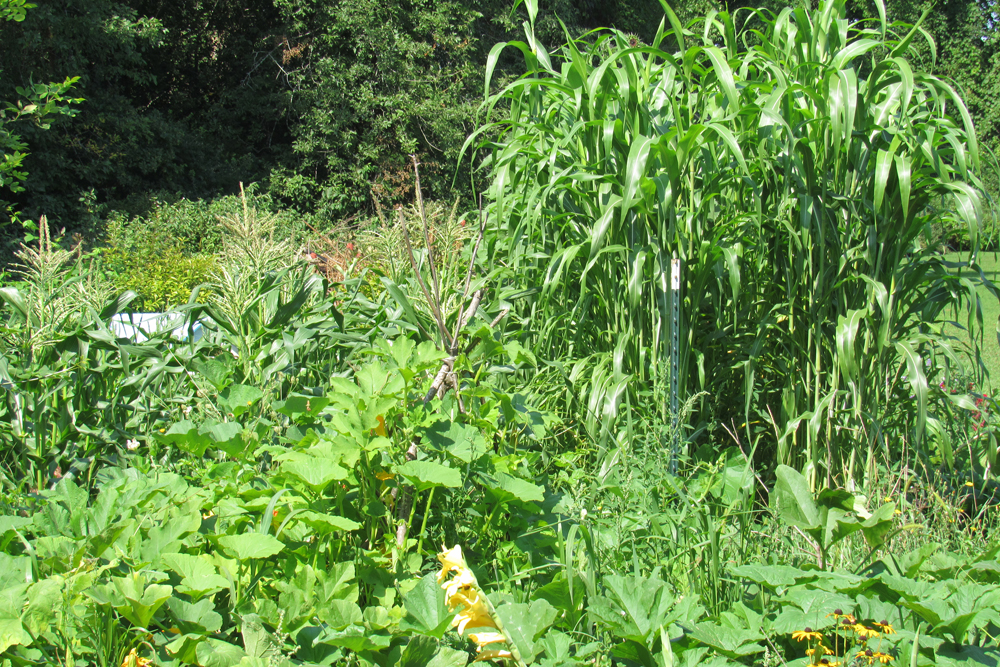Reflections on Labor Day
Opinion
“There’s a lesson to gain by sweat and strain”
This Labor Day let’s celebrate the dignity of down and dirty labor. I mean back-breaking and sweaty digging, heaving, pounding, prying or chopping to clear out, clean up or to plant or build.
In activities like gardening, or an outdoor cleanup project, building a playground or a Habitat House, most weekend toilers find real gratification and a new respect for themselves, for hard labor, and for the task accomplished.
Two experiences from my youth have helped me appreciate hard work in a similar way.
My father let me help in building the driveway of our Wappingers Fall, New York, home. It was to be two concrete strips about 80 feet long. He was an IBM engineer and I was about 10 years old. After chipping away at it, neither of us was up to digging the two trenches. He discovered Bill Farris, a retired railroad worker who hired out as a day laborer. Bill, a quiet, small-built wiry man, dug both trenches within a short day, hardly resting. I saw how my father treated him with respect and paid him well.
For years Bill was a kind of icon in our family for the virtues of hard work and the pursuit of excellence in whatever you do. The lesson remained into the third generation. Our grandson Thomas, now a college junior, was five-years-old when he would put on a hard hat and a tool belt and boast with emphasis, “I’m a working man!” picking up on the values of his family forefathers.
It was the spring of my high school junior year when I decided to play varsity football in the coming season. Coach Macrini urged me to get in shape with a summer job at hard labor. I worked on a dairy farm, including haying that required throwing bails high on a stacked wagon. It was strenuous, dusty work, and I went home each day covered with hayseeds sticking to my sweat. The experience was gratifying and gave me more muscle and the confidence I needed as a defensive lineman.
Farm work became part of President Truman’s character as a youth. David McCullough, in his book, Truman, traces President Truman’s journey from farm boy in Missouri to President of the United States. He writes that Truman “would remember the years on the farm as invaluable experience. He would talk of the drudgery, and would call it the best time he ever had in his life.”
While hard work can impart lessons, especially in youth, there are those who toil hard daily simply to earn a living with no rest until they retire. They serve us in work such as utility workers, road crews, trash collectors, construction workers and similar jobs. In a realm of personal sacrifice, there are also the firefighters risking their lives for endless hours, facing the raging forest fires out West for years. In them we see the heroic investment of sweat and muscle to save lives, property, and our natural resources. Then, in other kinds of natural disasters, we see citizens, charged with community spirit and plenty of adrenaline, putting sweat and strain into the sandbag brigade to hold back the flood, or in the massive cleanup needed after a tornado. In all three cases of labor invested, the pain and the strain promote the human good.
Returning to the weekend toilers, especially the gardeners, I see the Bible shedding light on the soul dimension of work.
In the Genesis story, God worked on Creation for six days. A model to us all, He rested on the Sabbath and was gratified by His handiwork. “Then God looked over all he had made and saw that it was very good!” (NLT)
God also put Adam to work right away in the Garden of Eden “to tend and watch over it.” Here is a suggestion that our own sweat and toil, especially with the land, returns us to our primal beginnings as partners in the work of Creation and in preserving it.
That may mean that seemingly menial labor is, after all, a divine gift. And it may explain why the back-breaking chores we tend to shun turn out to be so spiritually renewing when completed.
(This essay has been adapted from my original by the same title appearing in the Brockport Post, as a Labor Day theme, on August 29, 2002, published by Messenger Post Newspapers. My original perceptions and values persist. – DH)






